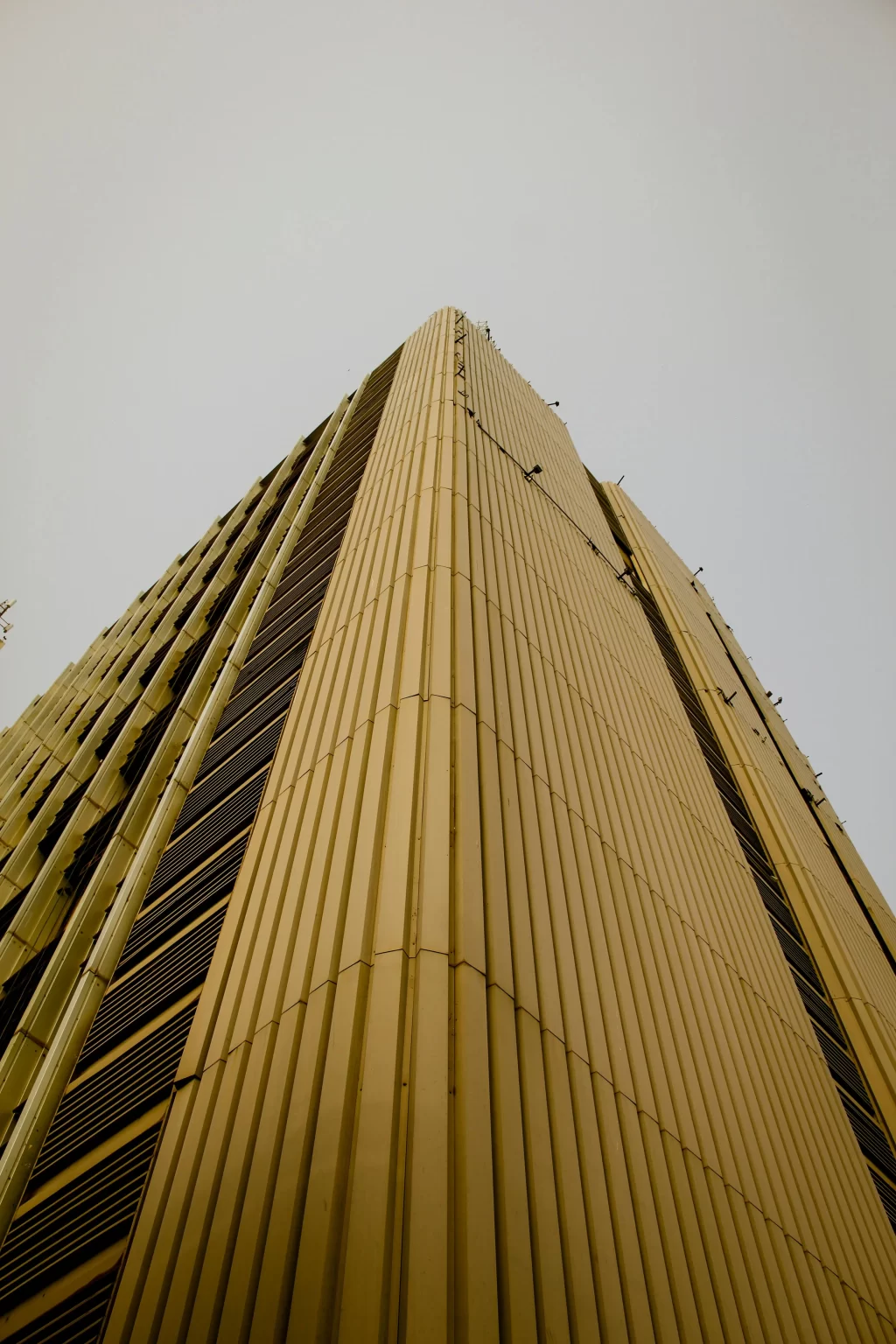Investing in real estate is often viewed as a safe and lucrative option, but without due diligence, it can quickly become a costly mistake. Nigeria’s booming property market is no exception, and unsuspecting buyers can fall victim to inflated valuations or hidden pitfalls that erode returns. In this article, we explore how to avoid being scammed into purchasing overpriced properties in Nigeria and highlight key lessons from a failed property investment attempt.
The Appeal of Real Estate Investments
Real estate investments in Nigeria attract local and international investors due to the potential for high returns and stable income streams. However, these benefits depend on purchasing properties at fair market value and accurately projecting future returns. A cautionary tale from Uganda illustrates the dangers of overvaluation and poor financial analysis.
Lessons from Uganda: A Case Study
A recent attempt to purchase a UGX 3.3 billion (approximately USD 880,000) apartment complex highlights the challenges of investing in overpriced properties. Investors initially believed the property’s income potential justified its price, but due diligence revealed discrepancies that rendered the deal untenable.
The 10-Year Payback Valuation Method
In Kampala, Uganda, properties are often valued using a simple payback period method. This method assumes a property’s annual revenue (before taxes and expenses) multiplied by ten equals its fair market value. For instance, a property generating UGX 30 million monthly (UGX 360 million annually) would be valued at UGX 3.6 billion. However, this method ignores key variables:
- Occupancy Rates: Full occupancy is rarely guaranteed.
- Maintenance Costs: Regular repairs and management fees eat into profits.
- Tax Liabilities: High property taxes and regulatory fees reduce net returns.
Flawed Income Projections
In the Uganda case study, actual rental income averaged UGX 24 million monthly instead of the projected UGX 30 million. This shortfall would lead to UGX 720 million in lost revenue over ten years, making the property’s valuation artificially high. Adjusting for taxes and expenses extended the payback period to 14 years, far less competitive than alternative investments like treasury bonds or unit trusts.
How to Avoid Overpriced Properties in Nigeria
1. Understand Local Valuation Methods
Real estate valuation in Nigeria often follows trends similar to those in Uganda, relying heavily on projected rental income. Buyers should:
- Analyze rental rolls to verify income.
- Adjust projections for realistic occupancy rates.
- Deduct costs like taxes, maintenance, and management fees to calculate net income.
2. Engage Professional Valuers
Always hire certified property valuers to conduct independent appraisals. They will:
- Assess market trends and comparable sales.
- Provide unbiased valuations based on cash flow and capital appreciation potential.
3. Factor in Economic and Regulatory Risks
Nigeria’s real estate market is subject to:
- Fluctuating construction costs and currency instability.
- Changing tax regimes that may increase property liabilities.
- Government policies affecting property ownership or usage.
4. Evaluate Alternative Investments
Before committing to a property, compare its expected returns with other investment options like:
- Treasury bonds offering steady, risk-free yields.
- Real estate investment trusts (REITs) for diversified property exposure.
5. Plan Your Exit Strategy
Assess whether you can sell the property at a profit in the future. Consider factors like population growth, infrastructure development, and neighborhood trends that impact long-term value.
Red Flags to Watch For
- Unrealistic Rental Projections: Claims of high rental yields without substantiating evidence.
- Hidden Costs: Lack of transparency regarding taxes, maintenance, or management fees.
- Pressure to Close Quickly: Sellers insisting on immediate decisions without allowing for due diligence.
- Lack of Documentation: Missing title deeds, building permits, or tax clearances.
A Smarter Approach to Real Estate Investment
Nigeria’s real estate market offers incredible opportunities, but buyers must exercise caution to avoid overpriced properties. Conduct thorough research, engage professionals, and maintain a healthy skepticism when evaluating deals. By doing so, you can secure properties that align with your financial goals and deliver sustainable returns.
Conclusion
Real estate investment should be a carefully calculated decision, not an emotional one. Learning from failed attempts, such as the Uganda case study, equips you with the tools to identify and avoid overpriced properties. In Nigeria, where the stakes are high and the market dynamic, due diligence and informed decision-making are your best defenses against scams. Invest wisely, and your real estate portfolio will thank you.

